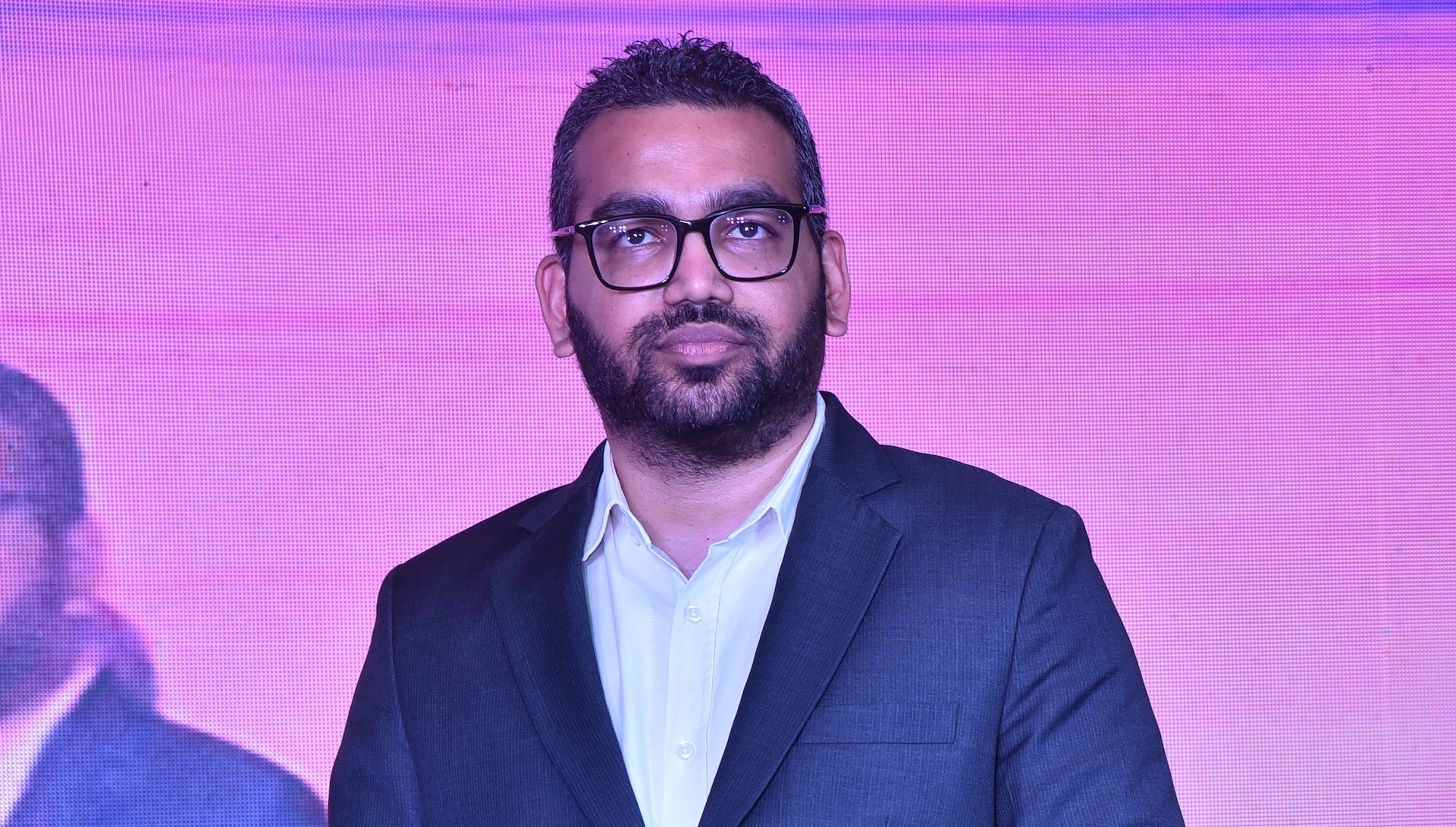Business
Work ethic is the most important trait in a candidate: Sidharth Agarwal
Sidharth Agarwal is the co-founder and director of Spectrum Talent Management, a one-stop solution for all local human talent management needs in national and international markets. He spearheads the overall operations, contractual staffing & finance of the company.
Established in 2008, Spectrum intends to tap and manage India’s most significant resource, its manpower. Since then, it has been striving to continuously evolve by effectively meeting various global organizations’ staffing and recruitment needs. Currently headquartered in Noida, the company has witnessed exponential growth in the last few years, delivering its services to 300+ global clients, including Abbott, EY, Nielsen, KPMG, Hero Motocorp and more.
In this interview with Mr Sidarth Agarwal, we talk about his journey, the company and many things a candidate should keep in mind to give themselves the best chance to get hired by a MNC.
How does hiring domestically differ from hiring internationally?
The major difference is that in India we have a lot of talent available for each role whereas in the overseas market this is not the case, the population is less so naturally the number of applicants are fewer. Also, the gap in compensation is very large in India, this is not the case in developed economies. This gap results in huge expectations and a lot of negotiations.
What are some of the things you look for when hiring for a big company?
Big companies usually have very specific mandates. Also, they require people with specific experience in the field. So, we try to get people closely matched to the job description. Further, we also have to make sure that they are a fit culturally and we talk to them in depth for the same.
What are some of the personal traits you look for in a candidate?
The first and most crucial trait is ethics, regardless of the job role, work ethic is an important trait to possess. Other than that, the personality has to vary from job to job and also the geography. In general, we look for people who are open minded, composed and have their head on their shoulders.
How did your company Spectrum Talent Management come into being?
The idea to start Spectrum was conceived during the final year of college. Both Vidur and I come from business families and had a clear mandate of returning to our family businesses after a year of corporate jobs. During the final year of college we realized that there is a huge demand for talent and companies are willing to pay agencies to find it for them. Before we started Spectrum, I was working in the financial services sales field from where we got our first few customers. Others came through some networking and dedicated business developments.
A partnership means that each other’s losses, gains, mistakes or decisions, all are owned by both. We have our responsibilities divided well and both of us take full responsibility for any one’s decision.
What are some of the sectors you think are going to be slowing down in the next decade? What are the ones which will rise?
Owing to automation and the internet, a few industries are changing in a big way. For example, due to digitisation of banks, they don’t need as many branches. Retail chains don’t need as many stores because of expansion in e-commerce. These 2 fields will further see a huge change in the way they hire. Also, manufacturing is and has been evolving with better and more efficient machinery reducing the need for human intervention.
IT and e-commerce are 2 sectors which will grow exponentially. Along with this, insurance, education and health care will grow owing to an overall improvement of the economy and the living standards.
What things a candidate should keep in mind when starting the process of job hunting?
First is to be open to exploring. Second, have realistic compensation and role expectations. If you are being offered similar compensation by over two companies then that usually is an indicator for the right mark. Before starting the process, the candidate should give enough time to draft a good CV. A lot of times we don’t represent ourselves well, candidates copy CVs from other people and not write what they are actually doing. It is very important to be honest and correctly list down what you do and how in your CV.
What are some of the things that will definitely get you rejected in a job interview? How important is clarity?
These are a few things that definitely can get you rejected. A know it all attitude or being overconfident, too casual in approach, not being well prepared for the role, to name a few. Clarity is a two way street. It is needed both from the company and the candidate. If both are aligned then the deal goes through.
How do you plan to make your company future-proof?
We have multiple verticals like Permanent Recruitment, Contract Staffing, IT Staffing, Managed Services, etc. and all of these are backed by solid technology that keeps us in the game if not ahead of it.












































Pingback: Zomato Pay, Swiggy Diner discount progs against interest of restaurant owners: NRAI